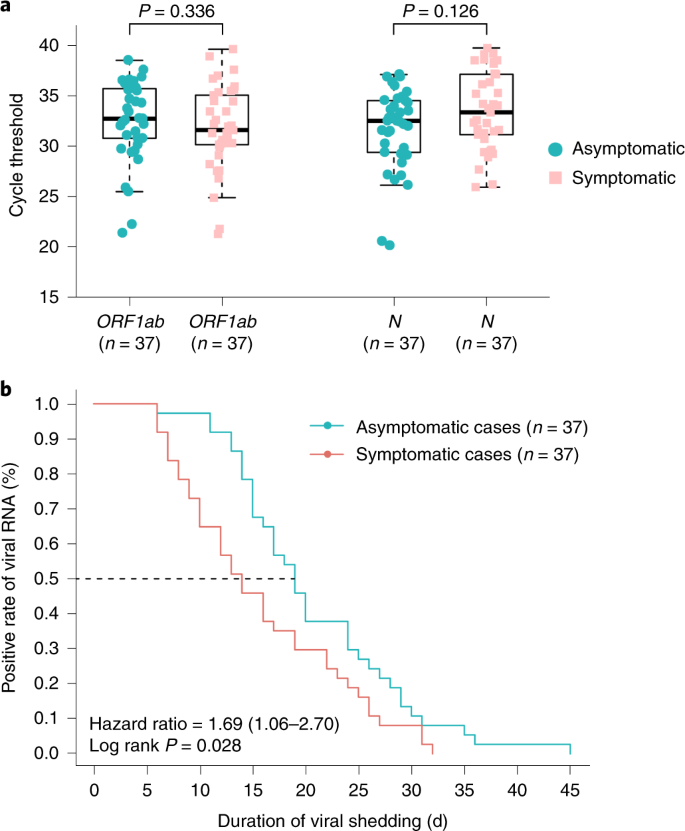

When it comes to SARS-CoV-2, the virus that causes COVID-19, most scientists think that most people will have some immunity for at least some period of time after recovery.

A more recent study that examined the persistence of antibodies to another coronavirus, the common cold, found reinfections occurring as soon as six months after the first infection, and most often by 12 months. Researchers demonstrated that these individuals maintained SARS-specific antibodies for an average of two years and concluded that they would likely be susceptible to reinfection three years after their initial illness. And even if someone is, at least temporarily, immune to reinfection, we do not know for sure that they would be unable to pass the disease to someone else.Ī 2007 study looked at 176 individuals who had recovered from severe acute respiratory syndrome (SARS), a previously unknown coronavirus that appeared in 2002. Unfortunately, we still do not know what kind of immunity a person has after recovering from COVID-19 or how long that immunity might last. Is that true? And even if he is immune, if one of his friends contracts the virus, could he pass it to our mom? He is not concerned about wearing a mask, even around our elderly mother, because he says he is immune to the virus now and couldn’t be contagious. Now he is going to family birthday parties and hanging out with friends. He was quite sick but didn’t need hospitalization. Got a question about COVID-19? Send it to us at and we’ll do our best to provide an answer. MIT Medical answers your COVID-19 questions.


 0 kommentar(er)
0 kommentar(er)
